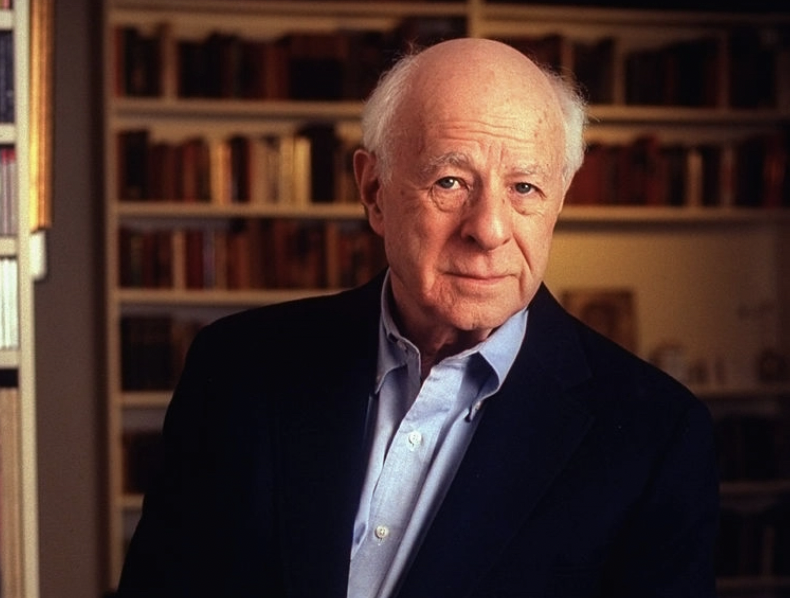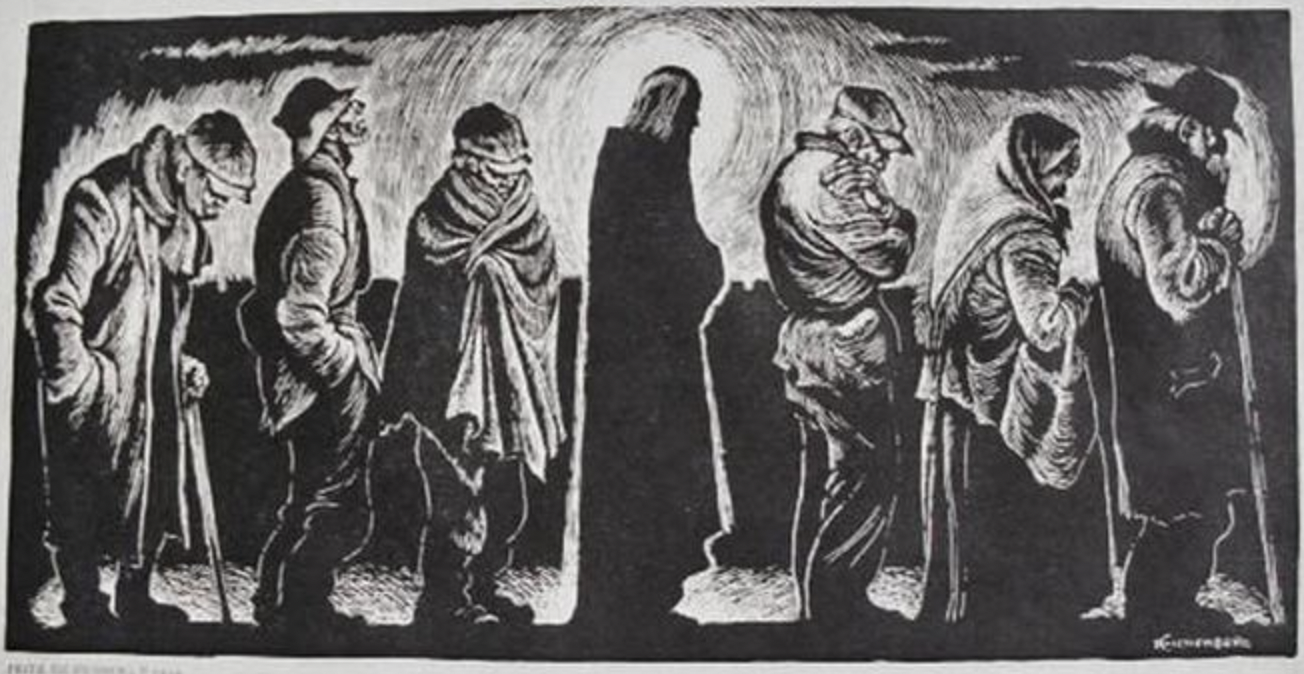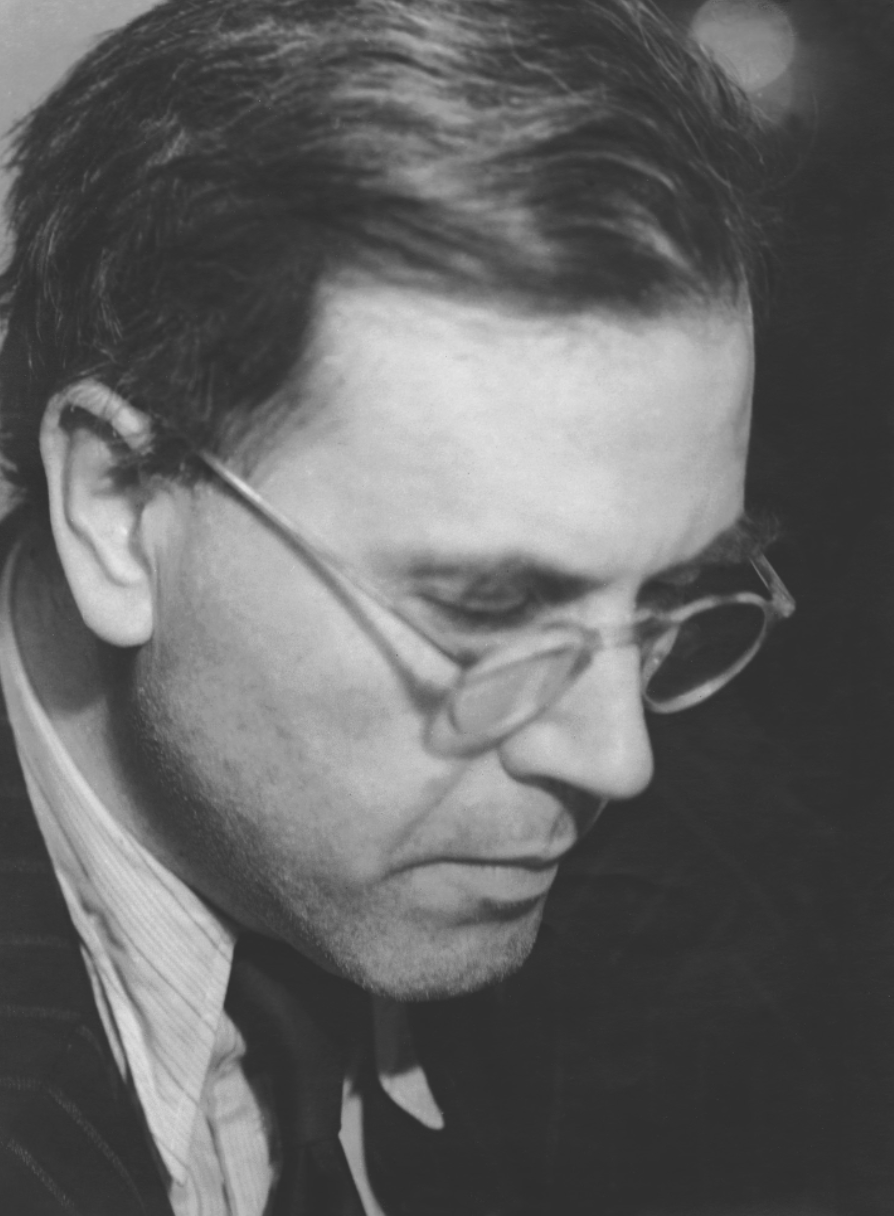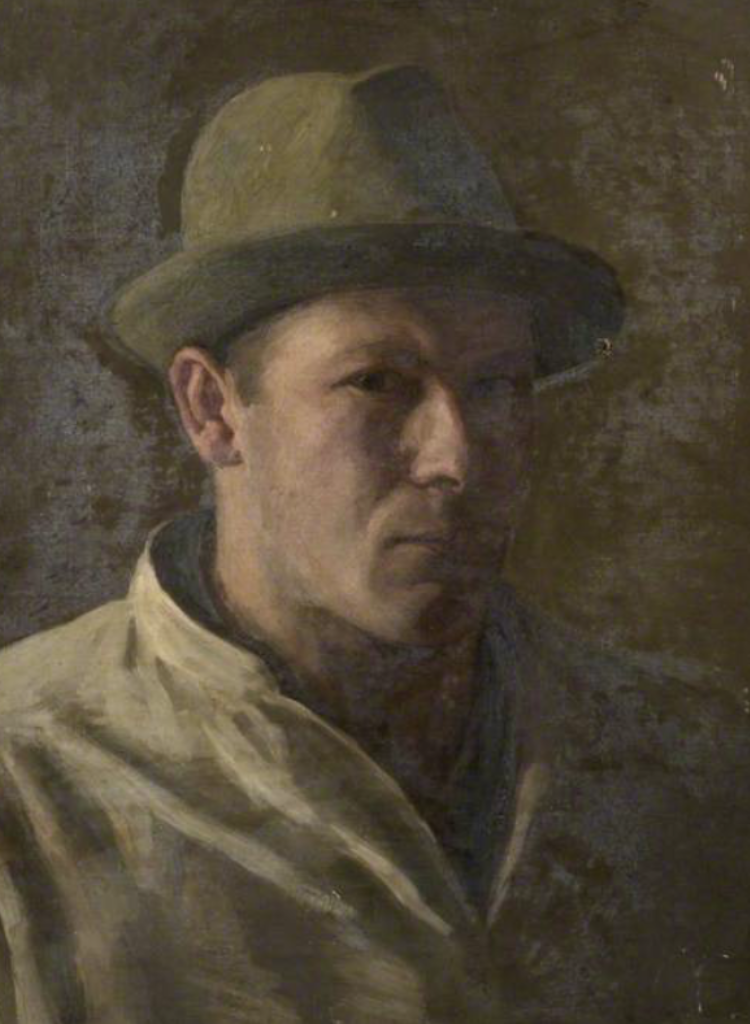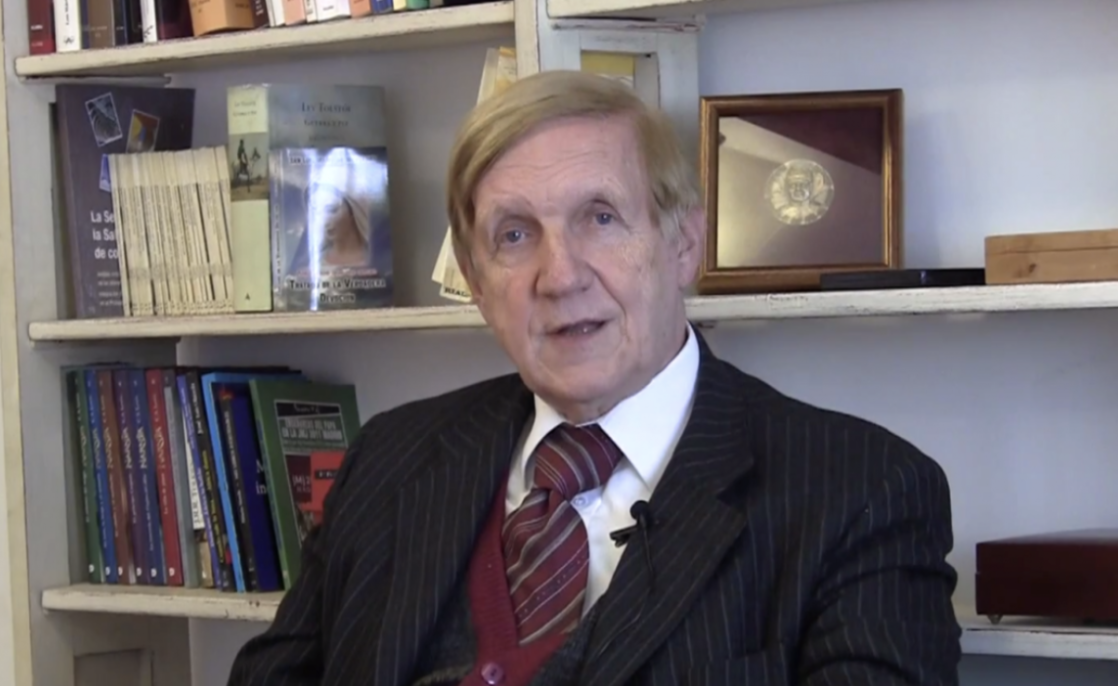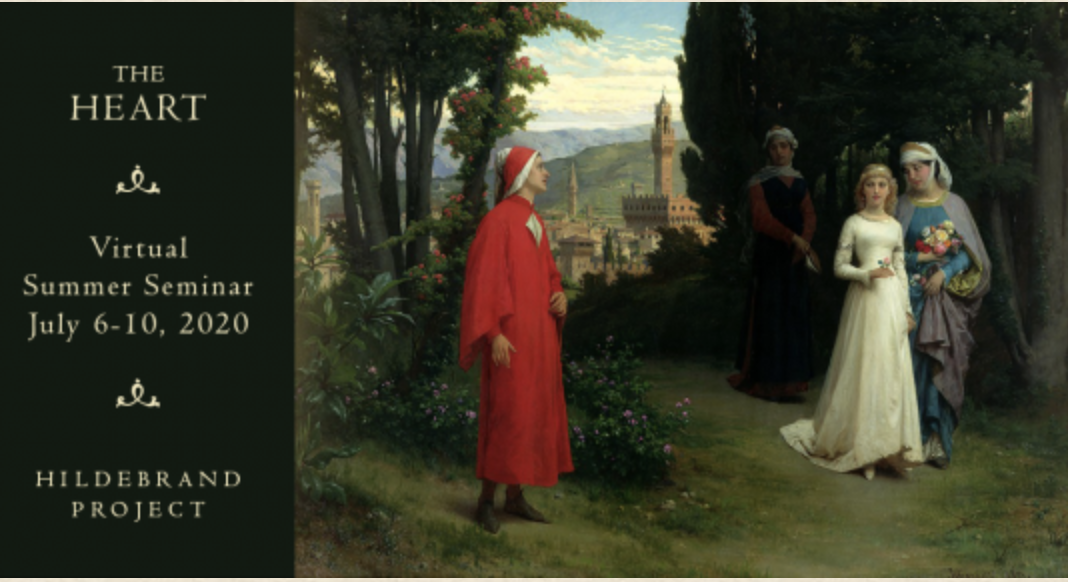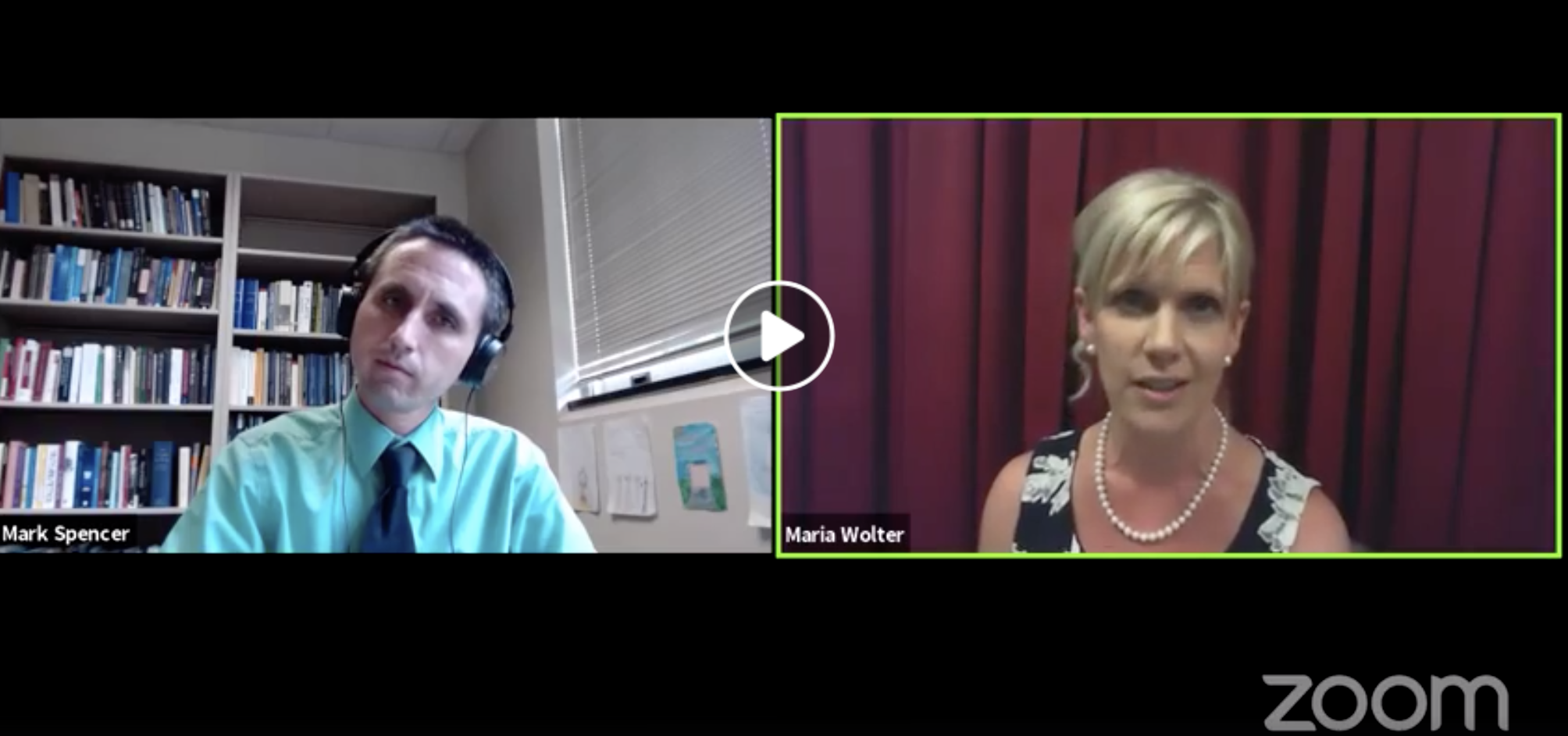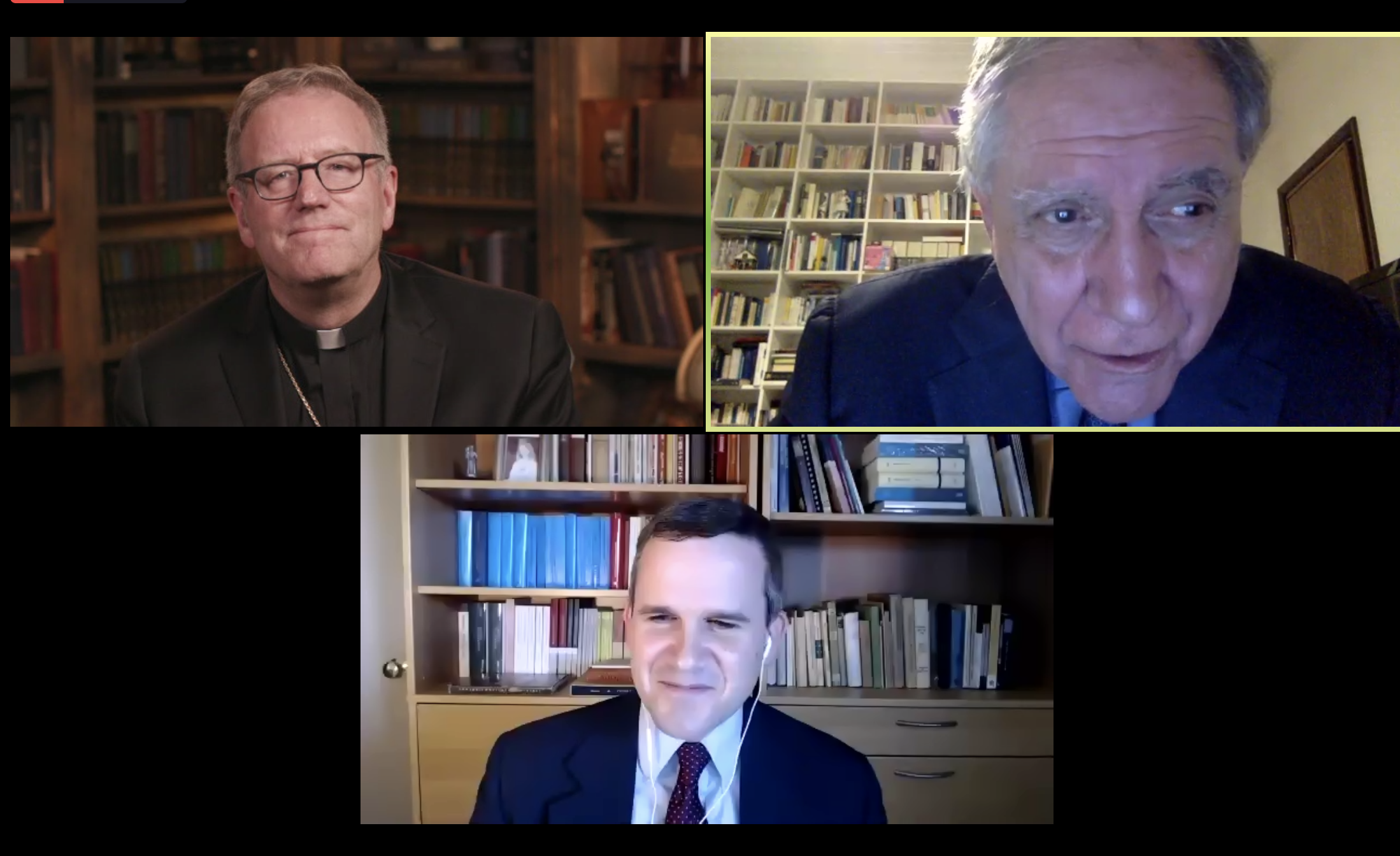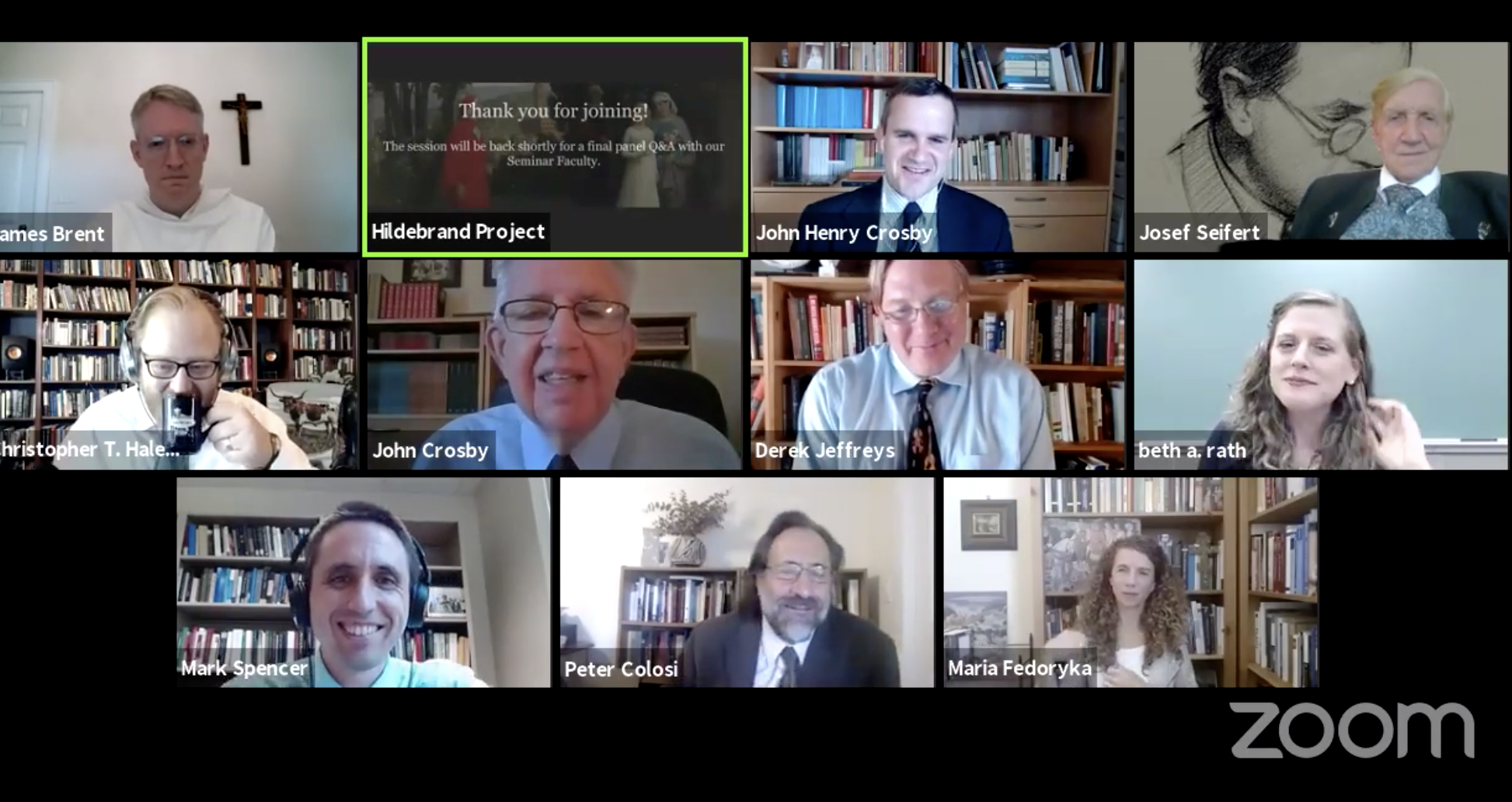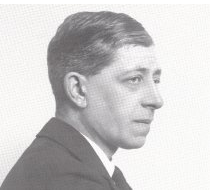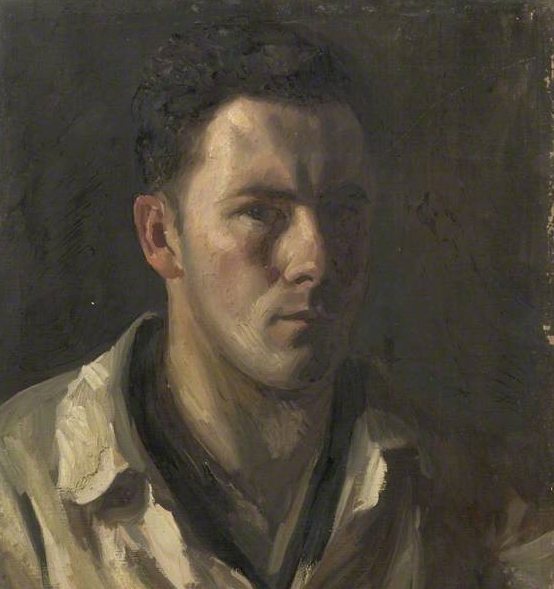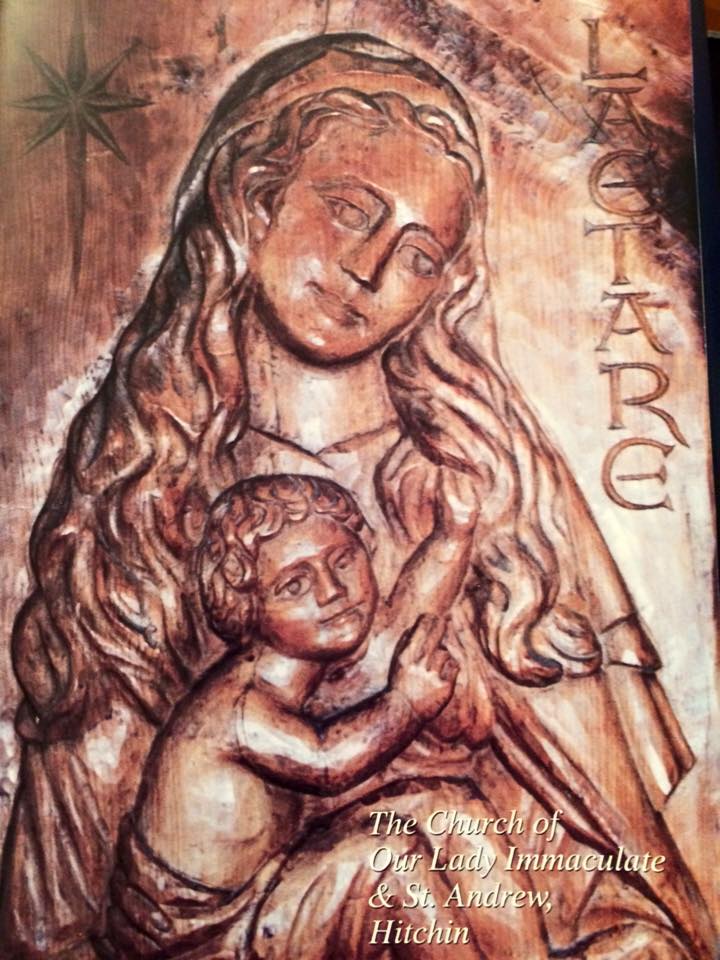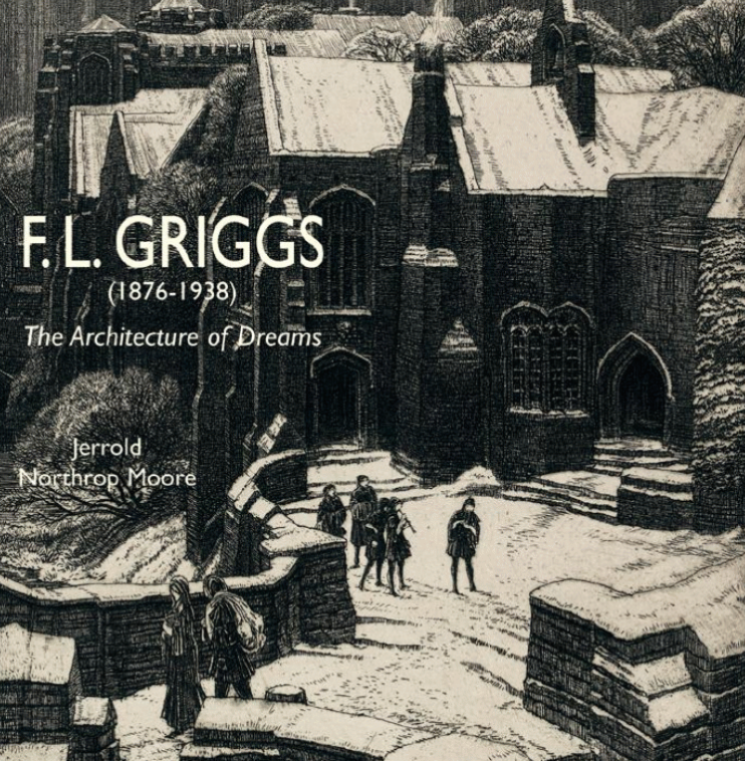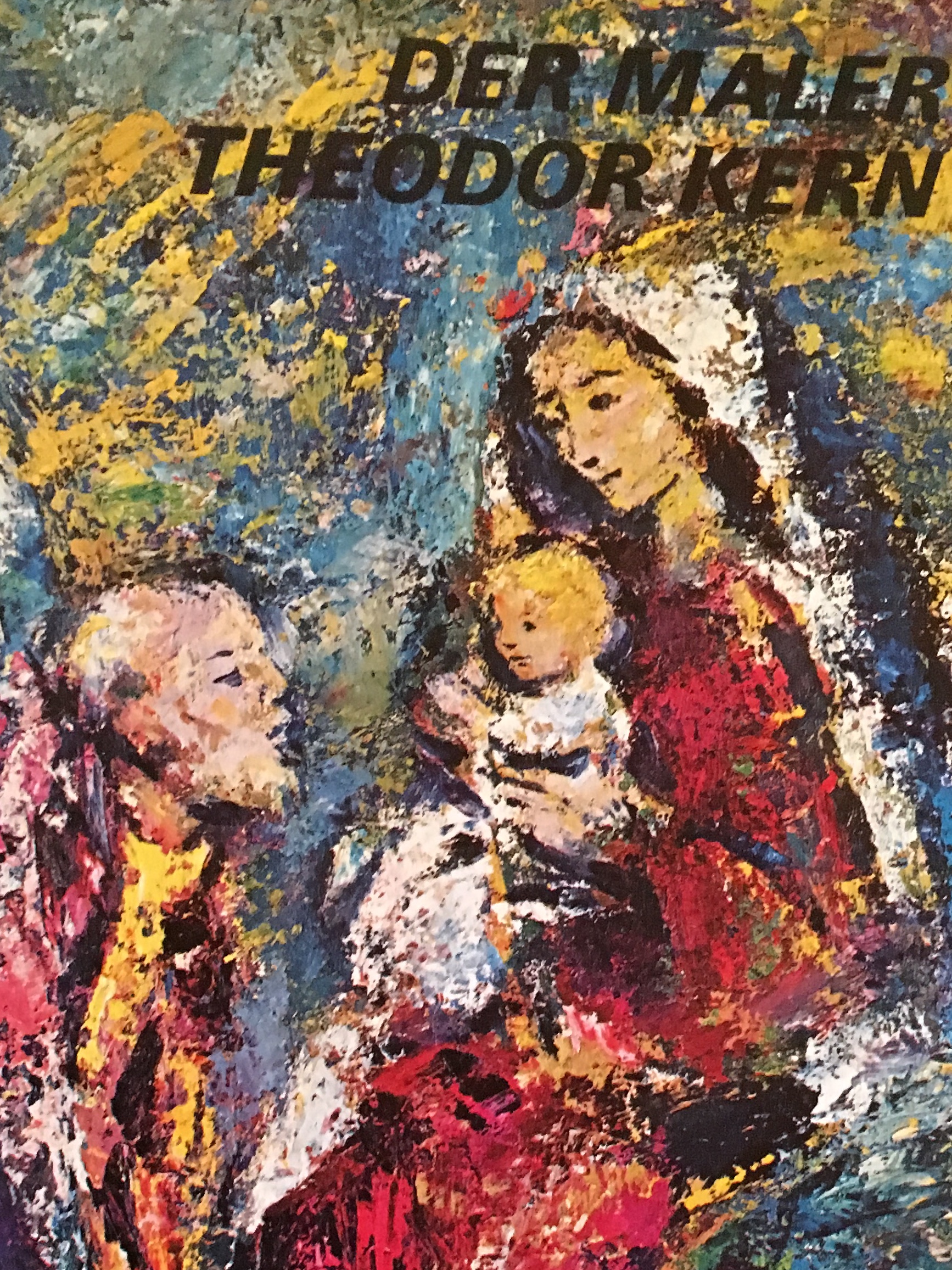It’s taken me nine months to get around to posting about the European Union referendum, but it’s not as if the issue has gone away in the meantime. Last Saturday saw a big pro-EU march in London, and I’m writing this on ‘Brexit Day’, just a few hours after Theresa May ‘triggered’ Article 50, officially declaring the United Kingdom’s intention to leave the EU.
Sitting on the fence
I sat firmly on the fence for most of the referendum campaign, arriving at a decision about which way to vote quite late in the day. I was torn between two conflicting principles. I’m an unabashed Europhile: that’s to say, I love Europe (which is not the same as loving the EU). We travel in Europe a good deal, I (try to) speak a number of European languages, and I’d estimate that a least a third of my reading is in European literature. My sense of identity is closely bound up with European history, religion, philosophy and art. As an academic and educator, I’ve seen the benefits of European cooperation and cultural exchange, and have spoken with Eastern European colleagues for whom joining the EU was an important symbolic moment, marking a move away from the influence of Soviet communism and into the orbit of free nations.
On the other hand, I’m a believer in genuine subsidiarity, convinced that political decisions should be made as close as possible to those they affect, and I’m suspicious of unaccountable transnational entities (whether governmental or corporate) that suck power away from local representative bodies. I’m also a firm believer in the nation state, historically the best preserver of democracy and local rights, and hostile to the integrationist and expansionist plans of many leading figures in the EU. Like Roger Scruton, I suspect that many Britons are instinctively wary of the EU project, largely because we’ve never been invaded or subjected to totalitarian tyranny, so we don’t think we need a United States of Europe to protect our freedoms – and also because we’re jealous of our longstanding tradition of ‘bottom-up’ common law and find it difficult to reconcile with the ‘top-down’ Napoleonic legal traditions of continental Europe. I’m not an economist, but it’s pretty obvious that the Euro has been something of a disaster, a symbol of Eurocratic overreach, and not auguring well for plans to integrate the economic and social policies of member states still further. At the end of the day, I’m also something of a ‘small-is-beautiful’ kind of guy, keen to preserve local differences in political and cultural traditions, and even in apparently trivial things such as weights and measures, against an encroaching supranational body that would eradicate them in the interest of rational uniformity.
At the same time, I believe in international cooperation, and I’d like it if Britain were part of a loose European association that cooperated on economic and cultural matters, but respected the independence, sovereignty and diverse traditions of its constituent countries. The option I dearly wanted – a reformed European Union that rejected the integrationist agenda of recent years and returned to this original vision – wasn’t on the ballot paper. Instead, it was clear that those driving the European project wanted still more integration, more interference in national legislative processes – a European army was talked about, perhaps eventually a United States of Europe – and, based on past evidence, its instigators wouldn’t take ‘no’ for an answer, forcing member states to vote in repeated referendums until they got the answer they wanted.
So the choice, for people like me, was between giving the EU the benefit of the doubt, and risking Britain being absorbed into an increasingly overbearing and undemocratic superstate – and taking the opposite risk, of getting out before it’s too late, and going our own way. When push came to shove, I voted ‘Leave’, convinced partly by the fact that two of the leaders of the campaign were politicians whom I have long admired: Gisela Stuart and Michael Gove, both of them luminaries of the Henry Jackson Society, and both of them internationalists and Europhiles in the best sense of the word.
Shock and horror
This is not the place to relitigate the referendum. Instead, I’m more interested in what’s happened since the result was announced, and what it tells us about shifting political and cultural identities in Britain. On the day the referendum result was declared, I happened to be at an academic conference in a picturesque historical town in southern England. It was a truly international affair, with a preponderance of delegates from the Nordic countries and continental Europe. At the conference dinner on the eve of the result, European colleagues were keen to hear about the referendum campaign, though none of them seemed desperately worried about the outcome. I spent most of the evening talking to a Norwegian academic who reassured me that her country’s non-membership of the EU (as she put it, the elites had tried twice in referenda to get the population to vote ‘yes’, but each time the people had said ‘no’) was not a bar to full involvement in European academic life: she herself had studied and taught in a number of EU countries and was regularly in receipt of European research funding.
This nonchalant attitude contrasted starkly with the reaction among British colleagues the next morning, after the result was announced. After waking early to watch the results on television, I went down to breakfast to be greeted by a sea of sullen faces and expressions of sorrow, anger and disbelief from my fellow Brits. For most of the British delegates present, it was as though an important part of their world had come to an end. I kept quiet, and away from those conversations, thinking I must be the only ‘Leaver’ at the conference. It was only later that I realised I hadn’t been. Sociologist Frank Furedi was one of the keynote speakers, and in the aftermath of the referendum he wrote this:
The morning after the EU referendum, I was with some colleagues at an academic conference in Canterbury, Kent. Most of them were totally dumbfounded by the result. They were genuinely taken aback that a majority of British voters opted to leave the EU. One puzzled social scientist expressed his astonishment: ‘I have never met or talked to anyone who supported Brexit.’ And he is by no means the only person who has never encountered those ‘other’ people, those people who felt moved to vote against the EU. It seems that far too many highly educated supporters of the Remain campaign have been talking only to people like themselves. The world they inhabit has little room, or patience, for those others who do not share their outlook.
My experience has been similar to Furedi’s. Of course, in academia these days, and particularly in the humanities and social sciences, you get used to a certain homogeneity of political thought (a phenomenon that thankfully some are beginning to challenge). But this was on another level. In the days and weeks after the referendum, people would walk into meetings and start sounding off about the horrors of Brexit, without any sense that there might be someone in the room who thought differently, and with no acknowledgement that there could be legitimate arguments on the other side of the debate. The general assumption, at least in the academic circles I move in, seemed to be that no decent, well-informed, liberal person could possibly have voted ‘Leave’.
At a personal level, I’ve seen friendships – both virtual and face to face – fracture as a result of the referendum, with (it has to be said) Remainers more likely to sever ties with friends who chose to vote the other way. I was ‘unfriended’ on Facebook by a friend of many years, with whom I’d previously disagreed, without any rancour, on a whole range of political and religious issues – simply for linking to some pro-Leave sources: ‘I hope you’re happy with your new friends’ was his terse parting shot. In the words of the writer Susan Hill:
Brexit has been as bad as any surge in washing away hitherto strong foundations. I am talking about friendships. I have never known the like. To be called a racist, a ‘little Englander’ and worse was bad enough, but to have people one has long known and liked say they could no longer be friends with ‘someone like you’ was very shocking.
And quite senior figures, who should have known better, were by no means immune from the general tendency to demonise Leave voters. A few days after the result was announced, the vice-chancellor of my university gave a speech in Belfast, in which he declared that the result demonstrated the need for widening access to adult education. The clear implication was that the only explanation for the ‘Leave’ vote must be that the majority of the population were ill-informed. Imagine if, after Labour’s landslide victory in 1945, establishment figures had put it down to the ignorance of the working classes? It would have been condemned as grossly patronising. And yet, over the past nine months, one has heard similar suggestions time and again from the pro-Remain commentariat.
A few weeks after the referendum, I attended my daughter’s graduation, at which the guest speaker was an eminent Dutch-born US diplomat, who was being awarded an honorary doctorate. He (mis)used his speech to sing the praises of the EU and to suggest, in so many words, that the UK’s vote to leave was a symptom of rising xenophobia on both sides of the Atlantic (this was when Trump’s campaign was in the ascendant). There was no hint in his remarks that the EU might just have contributed to its own unpopularity, and no sense that Leave voters might have been motivated not by hatred but by a belief in democracy and accountability – something you’d think a US diplomat might understand. I detected some uncomfortable shuffling and murmuring among the audience of proud parents, of whom a substantial number must have been Leave voters. Again, this speech was hardly unrepresentative: I’ve lost count of the number of speeches and articles over the past year that have lumped ‘Brexit’ and ‘Trump’ together as symptoms of a tide of reactionary populism. As both a ‘Leave’ voter and a resolute anti-Trumper, I’ve found that deeply offensive.
‘Those people’
I suppose this is what irks me more than anything about the reaction to the referendum result among many Remain voters. Not so much that they take a different view to me – after all, my own fence-sitting has left me with an understanding that there are powerful arguments on both sides – but the implicit refusal to accept that there might be legitimate reasons for voting ‘Leave’.
Equally patronising and sometimes downright offensive has been the tendency to psychologise or sociologise away people’s reasons for voting ‘Leave’. If it’s not a lack of education, then it must be social deprivation, or resentment of globalisation, or something else – anything but a rational conclusion that membership of an undemocratic, bureaucratic and overweening superstate might be a bad thing for Britain. Instead, Leave voters have been routinely dismissed as though we were all racist, xenophobic or just plain ignorant. Running alongside this has been a tendency by the Remainer commentariat to collapse Leave voters into the membership of UKIP and to identify Brexit with Farage, something I’m sure he’s only too happy with. After all, it would be much more difficult to dismiss the likes of proven internationalists like Gisela Stuart, Boris Johnson or Michael Gove as racist or xenophobic. To quote Furedi again:
In the eyes of too many Remain strategists, the uneducated working classes have few redeeming qualities. They were frequently portrayed as parochial xenophobes who hate immigrants, who hold on to outdated values, and who fear uncertainty and change.
In the aftermath of the referendum, the hatred directed at ‘those people’ — who are apparently too stupid to understand the issues at stake — has intensified. Baiting the old has become a popular sport among angry supporters of the EU. Their unrestrained language of contempt, their attack on the allegedly racist, empty-headed multitude, is reminiscent of the vocabulary of elitist disdain that has long been used by oligarchs, from Ancient Greece onwards.
One wonders how lifelong anti-EU campaigner Tony Benn would be treated by his erstwhile comrades today: would his resolute critique of the EU’s democratic deficit now be dismissed as a cover for racism? As Diane Abbott has said (even she occasionally gets something right): ‘Tony Benn supported exiting the EU all his life and nobody could have said he was anything other than a staunch progressive and internationalist.’ (For an eloquent articulation of the left-wing case for leaving the EU, see Professor Alan Johnson’s New York Times column yesterday.)
In all the acres of handwringing and doom-mongering commentary from Remain supporters since the referendum, I’ve read hardly a word of criticism of the European Union, or any admission that the EU might itself be partly to blame for the result. I find it astonishing that people who claim to be liberals and democrats are not more critical of the EU’s obvious democratic deficit. Instead, efforts to explain the referendum result focus not on the EU – but on the motivations of the voters who had the temerity to reject it.
If it’s been difficult to fathom Remain voters’ hostility to the Leave camp, it’s also hard to understand why – like my colleagues at the conference – they were so surprised. The polls throughout the referendum campaign were fairly evenly balanced, so a Leave verdict was always a distinct possibility. This, together with the decades-long scepticism of many British people towards the EU, should have prepared the Remain camp for a possible defeat. Don’t these people read newspapers or watch television – don’t they remember the passionate campaigns to keep the pound, or to defend shopkeepers who wanted to retain British weights and measures? Could it be that Furedi is right, and that Remainers just don’t get out enough, and are so coccooned in their homogenous social circles that they have never met anyone who is critical of the EU?
So, to turn the tables on Remain voters for a change: how are we to explain their widespread sense of shock and horror at the referendum result, and the tendency (at least among some of them) to account for the motives of Leave voters in such patronising and sometimes offensive ways? Over the past nine months, as I’ve listened to colleagues and friends, and as I’ve followed the anguished Facebook statuses and Twitter postings, I’ve tried to understand what’s going on. And here are my thoughts.
Explaining Remainer-ism
Firstly, I’d suggest that the intense emotionality of many Remainers’ reaction to the result, is because, on the Left at least, membership of the EU is no longer a matter of rational argument but one of identity. I’ve written before about the ways in which the Left has become increasingly homogenous and predictable in recent years, so that if you know what a liberal-leftish person thinks on one issue, you can usually guess their views on a range of others. Certain opinions have become unquestionable totems, so that if you are ‘progressive’ then of course you share the same view as other progressives on, for example, climate change, abortion, immigration, gay marriage – and membership of the EU.
But what about the question of democratic accountability, which I would argue, against the dismissive views of many Remainers, was actually the key reason why a majority of British people turned against the EU? How can liberals and left wingers, for whom democracy is surely another core belief, square their unswerving support for the EU with its obvious democratic deficit? Well, I have a sneaking feeling that many Remainers are only too aware of this – and may even have a guilty conscience about it. I might even go out on a limb here and suggest that one reason many on the liberal-left love the EU is that it has made it possible to smuggle on to the UK statute book ‘progressive’ measures that would have a hard time getting a hearing in the UK domestic context. So leaving the EU will remove a key means of imposing their agenda on a recalcitrant British electorate. I often wonder if the EU would be so popular with liberals and leftists, and whether they would be so tolerant of its lack of democratic accountability, if it sought to impose a conservative social agenda on its member states?
If many Remainers seem to care little for democracy, they also appear to have scant regard – especially if they are on the liberal-left – for questions of national sovereignty, another issue that I would guess weighed heavily with Leave voters. To quote Polly Billington:
The reality is that large swathes of Labour’s members and supporters don’t identify as patriotic. […] There is a section of the left which has a distinct discomfort with the idea of pride in country.
For many progressive Remainers, the argument that the EU rides roughshod over British sovereignty probably counts for little – because it’s not something they really care about. As Maurice Glasman (a left-wing Brexiteer) and other Blue Labour thinkers have argued, one of the reasons for the growing detachment of the Left from its former working-class base is that the mostly middle-class liberal-left have little feeling for the patriotism and national pride of the electorate – and specifically, they have a problem with Englishness or Britishness. As Jon Cruddas has written:
Since 2005 voters who are socially conservative are the most likely to have deserted Labour. They value home, family and their country. They feel their cultural identity is under threat. They want a sense of belonging and national renewal. Tradition, rules and social order are important to them. Labour no longer represents their lives.
As Jonathan Rutherford has said, progressive politics has generally failed to recognise this:
To favour one’s own kind over foreign nationals was seen as racist and xenophobic. To want borders that control the free flow of goods and labour to safeguard one’s job and way of life was both morally wrong and economically inefficient. A love of one’s own home town and country, and a desire to give priority to their wealth and security, was misguided. The sovereignty of a nation was a misnomer.
For the liberal-left, national feeling is all well and good for romantic or exotic nations like the Irish, the Scots and the Catalans – but the English? To be honest, we’re a bit embarrassed by English patriotism, equating it with the reactionary Right. Partly, of course, this is the legacy of Empire, which has left the British generally, and the English in particular, with mixed feelings about national identity. But there is a general failure on the part of the Remain side, as with the broader progressive camp, to recognise that there can be a ‘good’ patriotism. Instead, pro-EU campaigners, who wouldn’t be seen dead waving a Union Jack, proudly wrap themselves in the flag of the European Union (a pseudo-state at best), or make it their profile picture on social media alongside some such description as ‘proud European’: freed at last from the lifelong discomfort of being British! (Incidentally, another thing I resent about some Remainers is their tendency to hijack the notion of ‘Europe’ and conflate it with the EU. Last week, a notice about a French film showing at our local film society included the sentence ‘We’re going to miss all this when we’re gone’ – as if no one ever watched a foreign film before 1973! Britain was a key player in European culture, and our own culture was deeply imbued with European influences – as well as influences from elsewhere in the world – long before the EU was ever thought of, and will continue to be so long after we’ve left it.)
At the end of the day, I’m with Edmund Burke in believing that it’s impossible to love humanity in the abstract – or rather, one’s love for humanity has to start where you are:
To be attached to the subdivision, to love the little platoon we belong to in society, is the first principle (the germ as it were) of public affections. It is the first link in the series by which we proceed towards a love to our country, and to mankind.
Love of the local and the familiar, far from precluding care for the universal, is actually a precondition of it. I think this is what Theresa May was getting at when she said that to be a citizen of the world is to actually to be a citizen of nowhere, and it’s something David Goodhardt analyses in his new book. (This question of nationalism and cosmopolitanism, of ‘somewhere’ versus ‘anywhere’ is, of course, a complex one. The poet and translator George Szirtes – a long-time blogging friend – recently wrote a passionate defence, contra Theresa May, of the notion of ‘citizens of the world’, with some aspects of which I’d want to take issue, but with whose broader vision I find myself in instinctive sympathy. )
However, there’s a broader political reason for defending the nation state. In the words of the human rights activist Natan Sharansky:
The traditional classical European ideal is the national democratic state. The idea was born with the French Revolution and, to some extent, the American Revolution. And it was very closely connected to the idea of liberalism. Why? Because in order to guarantee the rights of every individual, human rights, the rule of majority, you must have this majority which is linked by some very deep mutual background. There must be some glue that is keeping this together and this glue is their identity, whether it is based on religion, nationalism, history or the value of their culture. It went together.
To quote Jesse Norman :
The nation state is the fundamental guarantor of legitimate power. Given our history, we have a moral obligation, and a huge practical interest, to reaffirm in a constructive and modest way the wider case for flexibility and localism and democracy; for a Europe of nation states.
A Europe of free and independent nation states, peacefully co-existing, cooperating and collaborating where they need to, but retaining their own sovereignty, identity and national traditions. Maybe that’s something that we can all, Remainers and Leavers, hope, work and pray for post-Brexit.
To conclude. I’m not asking convinced Remainers to change their minds about the EU, any more than I’m going to change mine. What I’m seeking is an end to the patronising talk about the racism, xenophobia and ignorance of ‘Leave’ voters, and an acceptance that there might just be legitimate arguments on both sides of the debate. I would never dream of ‘unfriending’ or shunning someone because they voted ‘Remain’ (‘some of my best friends…’ etc). All I want is for those who so passionately supported the Remain campaign to afford ‘Leavers’ the same respect. And now that Article 50 has been ‘triggered’ and there’s really no going back, can we all just move on, please?
